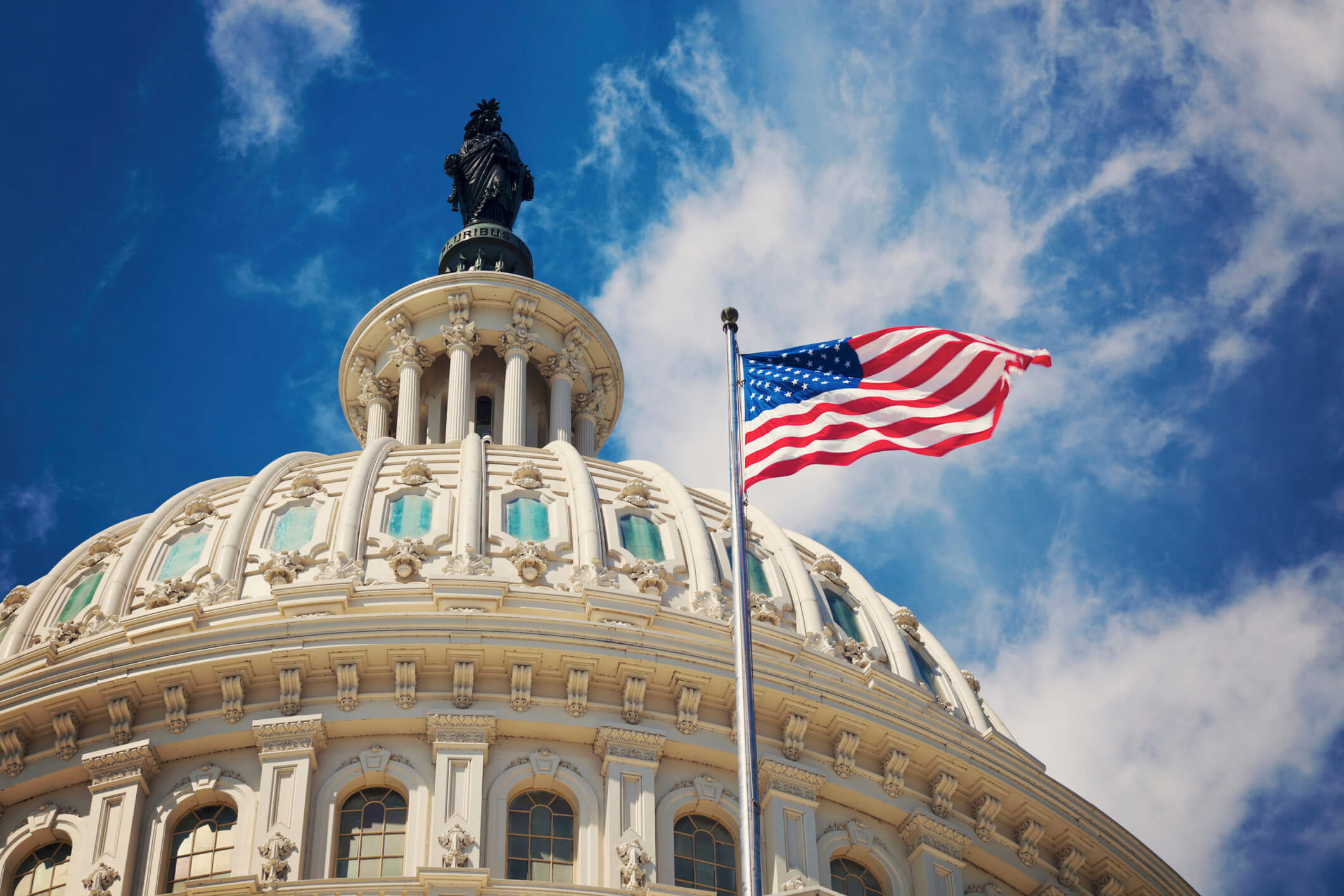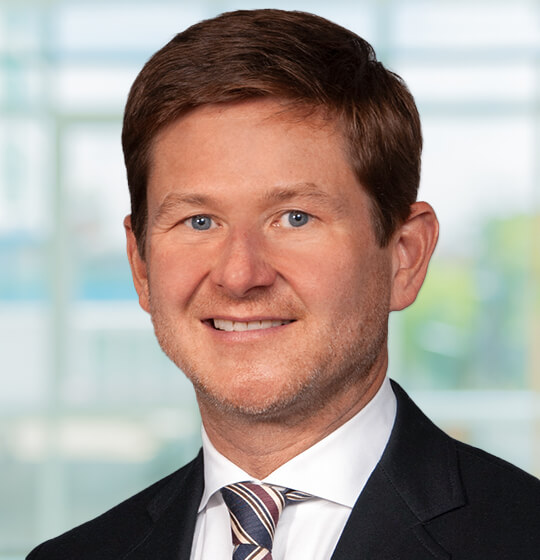Quick Hits
- President Trump has nominated labor and employment M. Carter Crow as the new general counsel of the EEOC, a position that has been vacant since January 2025.
- Crow’s Senate confirmation process will likely take several weeks to months, but if confirmed, Crow would be positioned to carry out the Trump administration’s discrimination and harassment enforcement priorities.
- The nomination comes weeks after the U.S. Senate confirmed another commissioner, restoring the EEOC’s quorum and enabling it to engage in rulemaking and emphasize systemic enforcement strategies.
On November 18, 2025, President Trump nominated Crow, currently the head of the global employment and labor practice at a multinational law firm, to the U.S. Senate for confirmation as the EEOC general counsel. The nomination was received by the Senate and referred to the U.S. Senate Committee on Health, Education, Labor, and Pensions (HELP), according to the Senate website.
The EEOC general counsel position has been open since January 2025, when President Trump discharged former EEOC general counsel Karla Gilbride, a Biden appointee, in the middle of her four-year term. Former acting general counsel Andrew Rogers was confirmed as administrator of the U.S. Department of Labor’s (DOL) Wage and Hour Division last month. Catherine Eschbach, who was sworn in as EEOC principal deputy general counsel in September, a newly created position, is currently performing the duties of the general counsel.
New Enforcement Priorities
If confirmed by the Senate, Crow would enjoy more institutional authority within the Commission than former Acting General Counsel Rogers and Principal Deputy General Counsel Eshbach, who did not have the Senate’s imprimatur. In the past, a Senate-confirmed general counsel was free to pursue his or her own enforcement priorities. However, in this administration, the EEOC is viewed as an executive branch agency, rather than an independent one, so Crow can be expected to pursue an enforcement agenda that aligns closely with both President Trump’s and EEOC Chair Andrea Lucas’s priorities. This includes scrutiny of employers’ diversity, equity, and inclusion (DEI) practices, with a focus on deemphasizing disparate impact investigations and an emphasis on discrimination based on national origin or religion, particularly alleged anti-American and anti-Christian bias.
Renewed Quorum
The new EEOC general counsel nomination comes weeks after the U.S. Senate confirmed fellow Trump nominee Brittany Bull Panuccio to serve as a commissioner of the EEOC on October 7, 2025. Panuccio’s confirmation restored a quorum of three commissioners at the agency, with two being Republican appointees, including Andrea Lucas, whom the president renominated to a new four-year term and later elevated from acting chair of the EEOC to full chair.
The restoration of a quorum provides the EEOC with authority to engage in rulemaking and policymaking and issue certain guidance to further the administration’s priorities. Recent remarks by EEOC Chair Andrea Lucas and Commissioner Kalpana Kotagal, combined with the Trump administration’s budget justification for the EEOC, suggest that the agency will focus on systemic and pattern-or-practice litigation. Additionally, the EEOC’s congressional budget justification from May 2025 confirmed such a strategy.
Next Steps
Crow’s nomination marks the beginning of the sometimes arduous Senate confirmation process. The Senate HELP Committee is likely to hold a hearing in the coming weeks, where senators will have an opportunity to question Crow about his qualifications for the job and plans for the role. Committee members will then vote on whether to approve his nomination for a full vote on the Senate floor.
Overall, the process is likely to take several weeks, possibly even months. However, beginning in September of this year, Senate Majority Leader John Thune (R-SD) introduced a new en banc voting strategy for presidential nominees, which could allow Crow to be confirmed in a timelier manner, perhaps as soon as early 2026. In the meantime, questions remain about the role Eschbach will play as deputy general counsel once a general counsel is confirmed.
Ogletree Deakins’ Diversity, Equity, and Inclusion Compliance and Workforce Analytics and Compliance practice groups will continue to monitor developments and will provide updates on the Diversity, Equity, and Inclusion Compliance, Employment Law, Governmental Affairs, Leaves of Absence, and Workforce Analytics and Compliance blogs.
This article and more information on how the Trump administration’s actions impact employers can be found on Ogletree Deakins’ Administration Resource Hub.
Follow and Subscribe
LinkedIn | Instagram | Webinars | Podcasts












